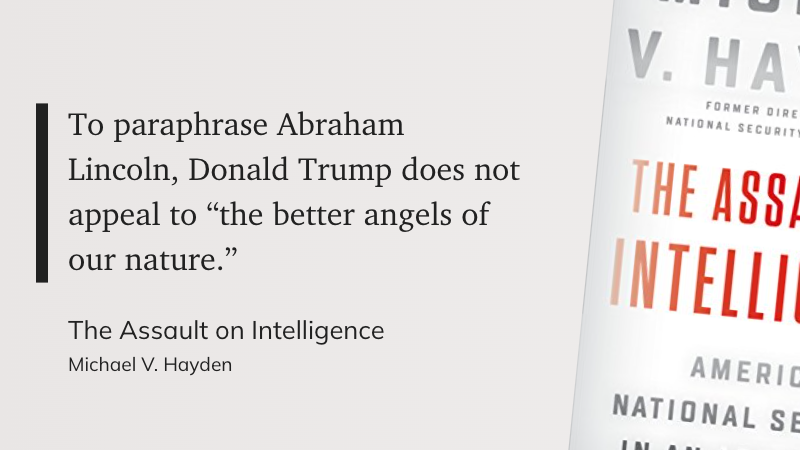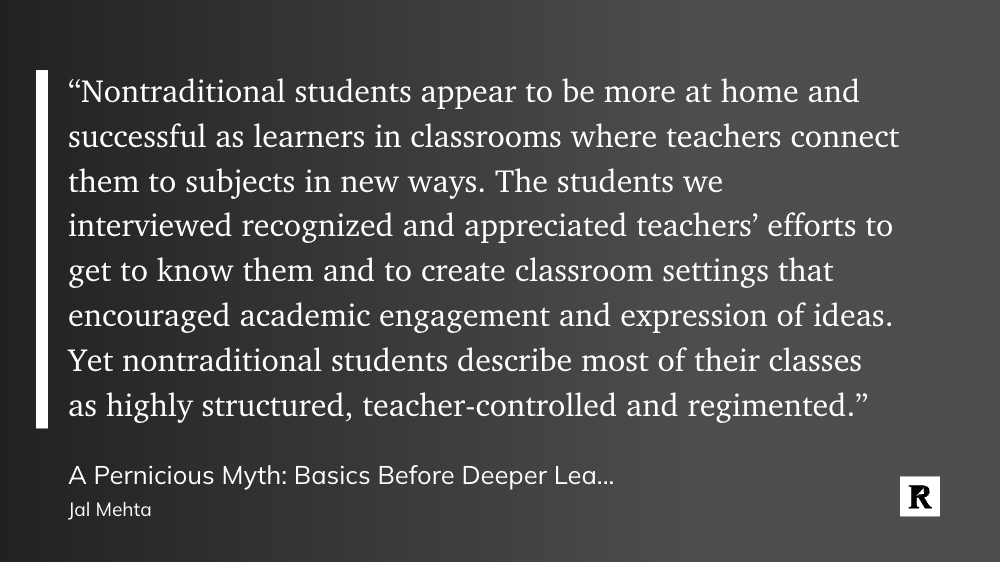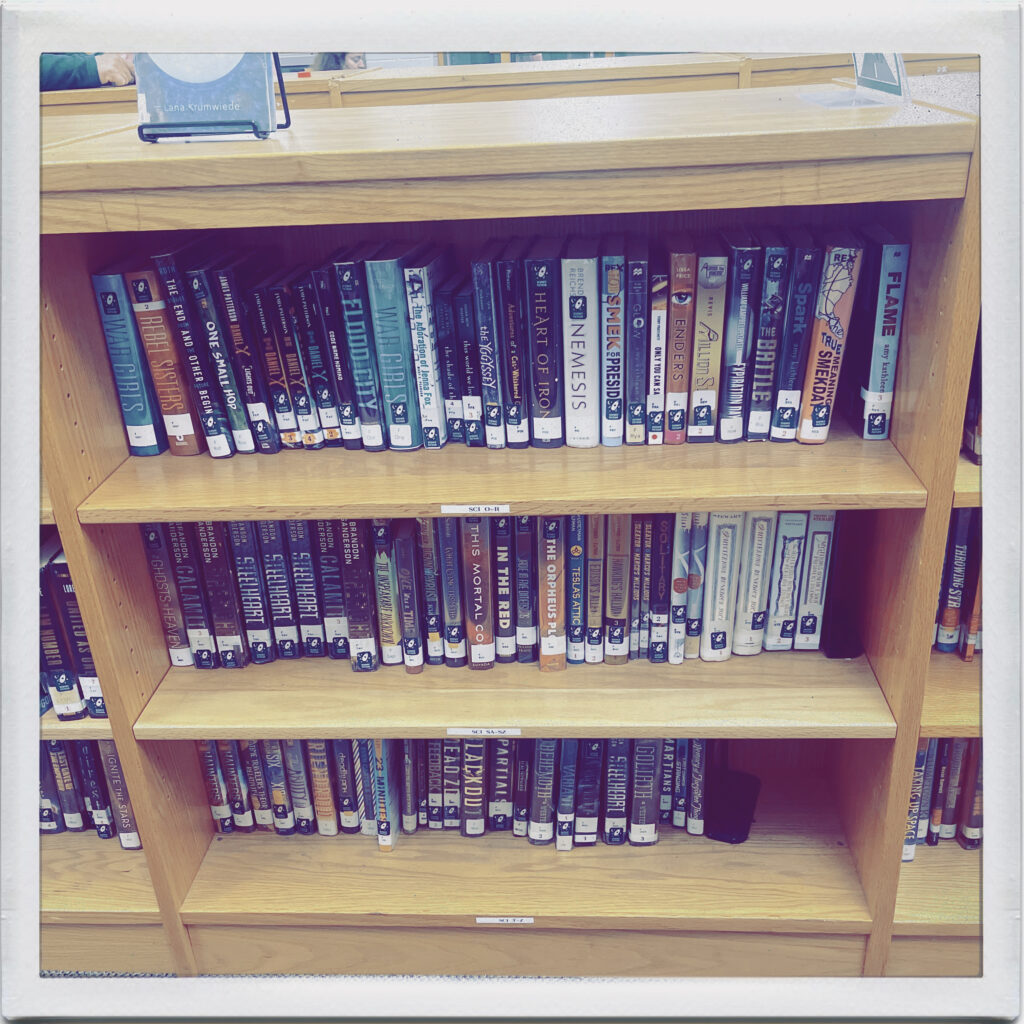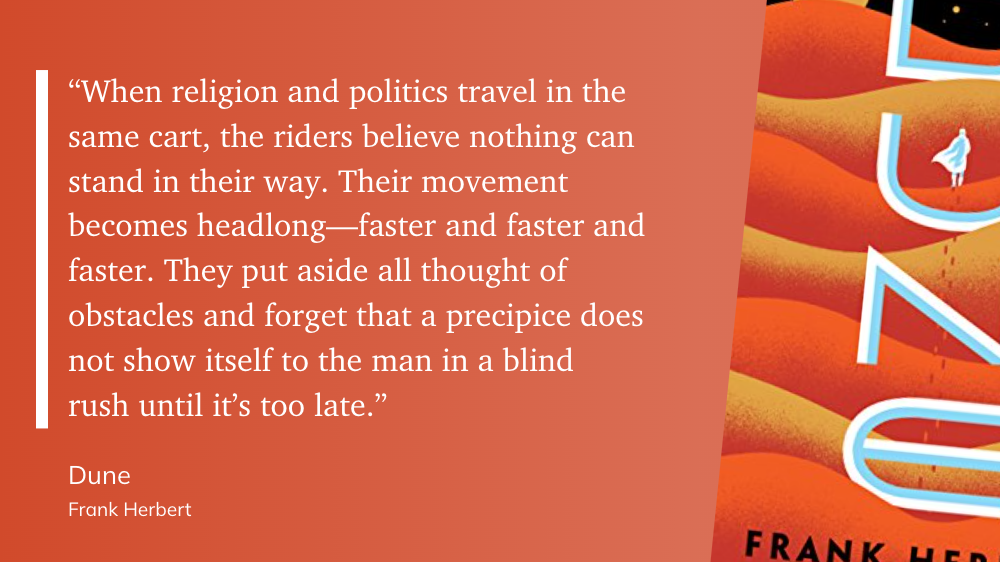Quote of the Day

“To paraphrase Abraham Lincoln, Donald Trump does not appeal to “the better angels of our nature.”” (Michael V. Hayden, The Assault on Intelligence)
Musical Interlude
Philip Glass has a new album releasing in January 2024, recorded at his home during the pandemic.
This is my piano, the instrument on which most of the music was written. It’s also the same room where I have worked for decades in the middle of the energy which New York City itself has brought to me. The listener may hear the quiet hum of New York in the background or feel the influence of time and memory that this space affords. To the degree possible, I made this record to invite the listener in.
– Philip Glass
Long Read of the Day
Taruna Goel highlights how digital literacy has transformed from basic computer skills to a complex skill set involving creation, curation, and critical evaluation of digital content.
This framework includes eight thematic competencies: ethical and legal; technology; information literacy; digital scholarship; communication and collaboration; creation and curation; digital well-being; and community-based learning. Through a scenario involving an educator, Professor Emily, and a student, Alex, the article demonstrates the integration of these competencies into the educational journey, emphasizing that digital literacy is crucial for academic, professional, and personal success in a digitally-driven world
The Digital Literacy Framework is a part of the overall B.C. Digital Learning Strategy developed by the Digital Learning Advisory Committee, a collaboration between the Ministry of Post-Secondary Education and Future Skills and the post-secondary system. The Digital Literacy Framework has been developed to enhance digital literacy knowledge, skills, and abilities across post-secondary communities. The framework includes eight thematic competencies within digital literacy: ethical and legal; technology; information literacy; digital scholarship; communication and collaboration; creation and curation; digital well-being; and community-based learning.
Photo of the Day
I didn’t realize it this morning, but it’s Red Cup Day at Starbucks. In my ignorance, I also didn’t know that many baristas walked out today to fight for better wages. Kudos to them. And thanks for my demon cups.

Final Thoughts
I love tools that let us learn more about our universe, especially when they are available online.
Astronomers have created the Siena Galaxy Atlas, freely available online. The SGA catalogs 383,620 galaxies, a small fraction of the estimated 200 billion to two trillion galaxies in the observable universe. This atlas stands out for its extensive coverage and advanced data collection, encompassing 7,637 downloadable pages with detailed information on each galaxy’s size, morphology, and images in optical and infrared wavelengths.
The data is drawn from three Dark Energy Spectroscopic Instrument Legacy Surveys, making it one of the largest surveys ever conducted. The SGA is noted for being the first cosmic atlas to feature light profiles of galaxies, providing a unique insight into their brightness changes from center to edge. It’s a valuable resource for scientists studying galaxy evolution, dark matter distribution, and gravitational waves, as well as for enhancing the public’s understanding of the universe.
The Eclectic Educator is a free resource for everyone passionate about education and creativity. If you enjoy the content and want to support the newsletter, consider becoming a paid subscriber. Your support helps keep the insights and inspiration coming!











